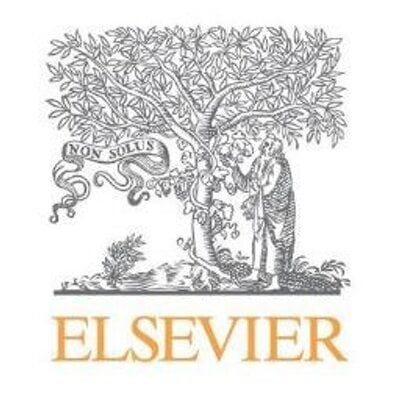Getting Back to the Basics of Equity, Diversity and Inclusion in Higher Education
Two U.S. experts in EDI discuss how universities can continue to support and advance equality of opportunity in the face of mounting challenges to diversity work.
Most academics want their work to have an impact, and one route to achieving this is by commercializing their findings. By partnering with an existing company to bring a product to market or by establishing a new spin-out enterprise, scholars can develop technologies, products and solutions that revolutionize whole sectors, whether in health care, construction or farming and more. But this is far from an easy or simple process, requiring tenacity, adaptability, collaboration and high-level problem-solving.
For this week’s podcast, we speak to two people with extensive experience in what it takes to commercialize research and become an academic entrepreneur.
Mairi Gibbs is CEO of Oxford University Innovation, the university’s technology-transfer unit, where she has worked since 2002. With extensive practical experience in partnership management, formation of spin-out companies, licensing and patent portfolio management, she explains the initial steps to commercialization, what investors look for and what can be done at an institutional level to support more spin-out activity.
Andrew Hammond is co-founder and head of R&D at Biocentis, an Imperial College London spin-out founded in 2022. With a background in molecular biology, Andrew’s 10-year academic career at both Imperial and Johns Hopkins University involved advancing gene editing technology for use in insects. This led to the development of gene drive technology designed for use on malaria mosquitoes and the later development of Biocentis.
For more advice and insight on this topic, read our spotlight guide on how to work well with industry.
This episode is sponsored by Elsevier.

Listen to this podcast on Spotify, Apple podcasts or Google podcasts.
Two U.S. experts in EDI discuss how universities can continue to support and advance equality of opportunity in the face of mounting challenges to diversity work.
Two academic experts in strategic decision-making and education discuss critical thinking, why it is under threat and what role it plays in preparing students for their digitally curated futures.
What can university educators learn about teaching and audience engagement from social media? Two experts—a psychologist and a professor of public relations—share strategies for connecting with students, finding wider audiences for niche research and fighting misinformation.
Learn about the efforts of U.S. librarians to protect valuable public data from sudden erasure by the Trump administration and a pioneering project that saw a U.K. university partner with a local council to create a joint library that is open to anyone.
4/5 Articles remaining
this month.